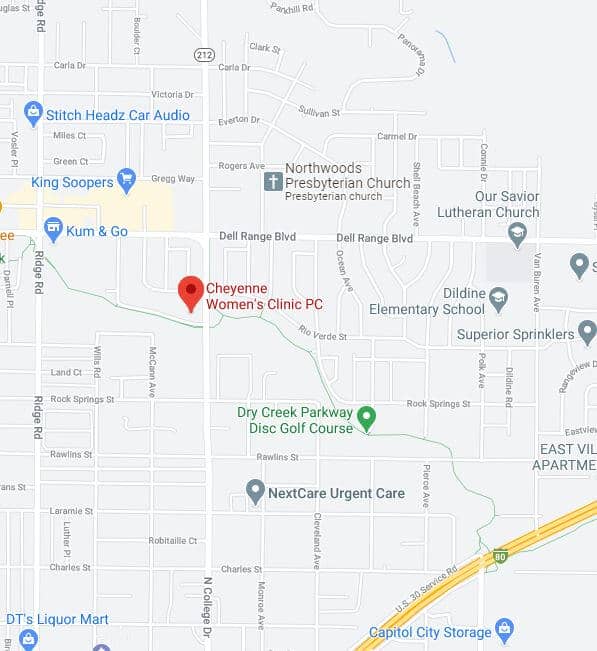
Finding Emotional Support After Pregnancy Loss
An ob-gyn discusses coping with grief, depression, and anxiety after a miscarriage or stillbirth. Dr. Nazanin E. Silver Whether it’s miscarriage or stillbirth, pregnancy loss can be traumatic. This is true no matter how far along you are



